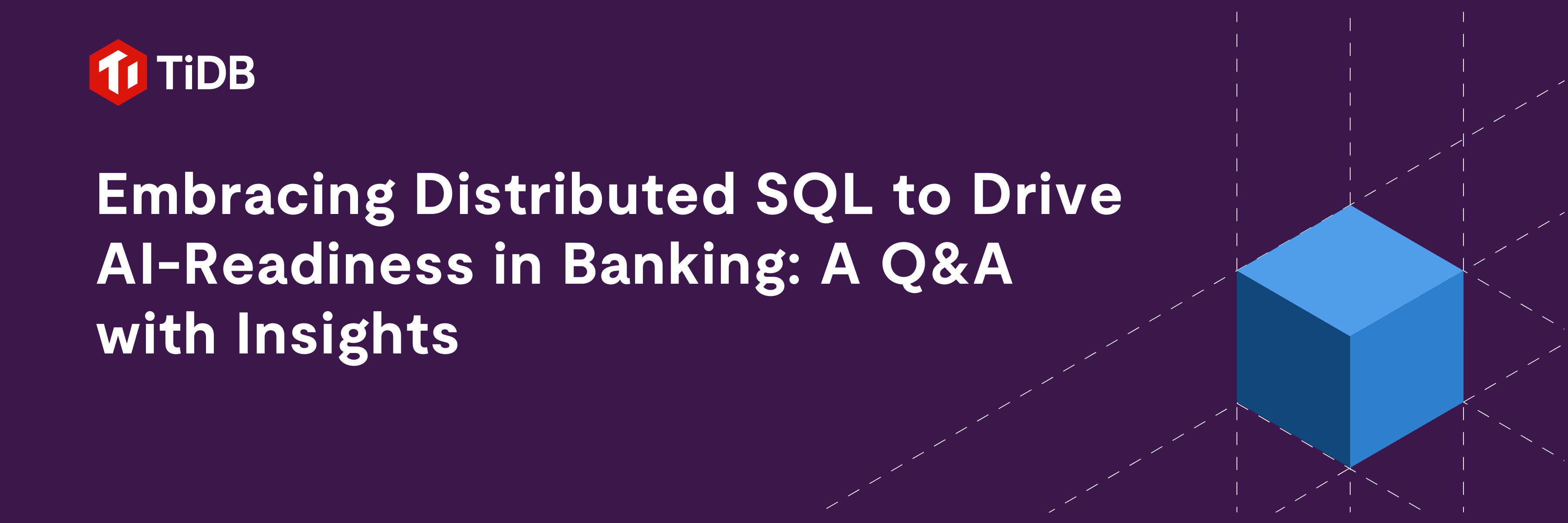
Data powers the modern world. Organizations of all types depend on massive, rapidly growing, and evolving datasets to deliver more intelligent services and achieve business growth. Given its importance and ubiquity, data should be treated as a utility — just like water, gas, and electricity. But how do we achieve this?
We’ve all become hyper-aware that data must be made readily available, relevant, and simple to leverage for all as we plan to keep up with the current data and technology evolution rate. In this piece, we’ll explore how by leveraging open-source databases, data integration and modern data management tools, organizations can use and consume data like it’s a utility.
Accessible data and the democratization of data
Utilities are easy and accessible to everyone. Flip a switch and the light comes on, turn a faucet and water comes out. Data should be just as accessible and reliable. This need has led to the much-discussed democratization of data to enable the ubiquity of business intelligence and the emergence of AI in the enterprise.
The first step in the process is adopting open-source technology, which helps democratize and lower the barrier to entry for using technologies while improving their quality and reliability. Democratization is the idea that everyone can use and benefit from a particular resource. Like energy, open-source projects are accessible to everybody – and the community controls which direction those projects go, determining what features will be added and which use cases will be supported.
However, before organizations can begin benefitting from an open-source technology, business leaders need to determine what their business needs most from it. That could be scalability, availability, security, or a combination of all of these. Answering this question is the first step for successfully leveraging open source and choosing technologies that simultaneously fulfill organizational needs.
Accessible data: Durable databases provide easy access to data
Data accessibility is perhaps the most critical factor in treating data as a utility. Powerful, modern databases will play a central role in supporting that accessibility. To enable it – and to ensure organizations can easily gain value from all their data – emerging database technology must employ the following:
- Hybrid transactional and analytical processing (HTAP) architecture: HTAP database technology supports real-time situational awareness and decision making on live transactional data and eliminates potential friction between IT and business goals.
- Cloud-native architecture: Cloud-native databases provide improved agility, scalability, reliability, and availability compared to traditional databases.
A combination of the two – cloud-native, HTAP databases – will be particularly important for any organization, for example in the ecommerce and finance sectors, which must support a massive number of customer transactions and rapidly expanding data volumes while having to create new apps in order to deliver new services.
Data integration enhances business outcomes
Another step in making data work as a utility is enabling it to support specific business purposes. For example, organizations can optimize processes through data integration (or data sharing). From compiling higher-relevant data and generating more robust data and analytics, to solving business challenges and expediting the path towards enterprise goals, data sharing keeps the wheels turning.
According to the Sixth Annual Gartner Chief Data Officer Survey, data sharing is a business-facing key performance indicator that reflects effective engagement and data’s true enterprise value. In fact, data integration enables systems to extract knowledge and insights from structured and unstructured data, converting existing data into knowledge that can be turned into actionable insights, thus optimizing processes.
Organizations need to eliminate silos to achieve full data integration. To do that, they should use a database that can provide unified insight across both analytical and transactional data.
The role of data management tools
To build a culture with a data-sharing mindset, organizations must adopt management tools that enable team collaboration and productivity. Leaders must remain cognizant that as the responsibility for data grows, so does the pressure of making it accessible across organizations. Data management tools provide the “glue” to enable data exchange in an organization and ultimately ensure this transformation becomes a reality.
Working towards making data a utility
Businesses and organizations of all types and sizes increasingly rely on data to deliver new products and services. To drive continued innovation and greater efficiencies, data must become even easier to access and use. This means treating it as a utility. Making data a fundamental element required for the operation of any modern organization.
Open-source databases, data integration, and data management tools will be critical to this transition – let’s get started.
This post was first published at VentureBeat.
Spin up a Serverless database with 25GiB free resources.
TiDB Cloud Dedicated
A fully-managed cloud DBaaS for predictable workloads
TiDB Cloud Serverless
A fully-managed cloud DBaaS for auto-scaling workloads



